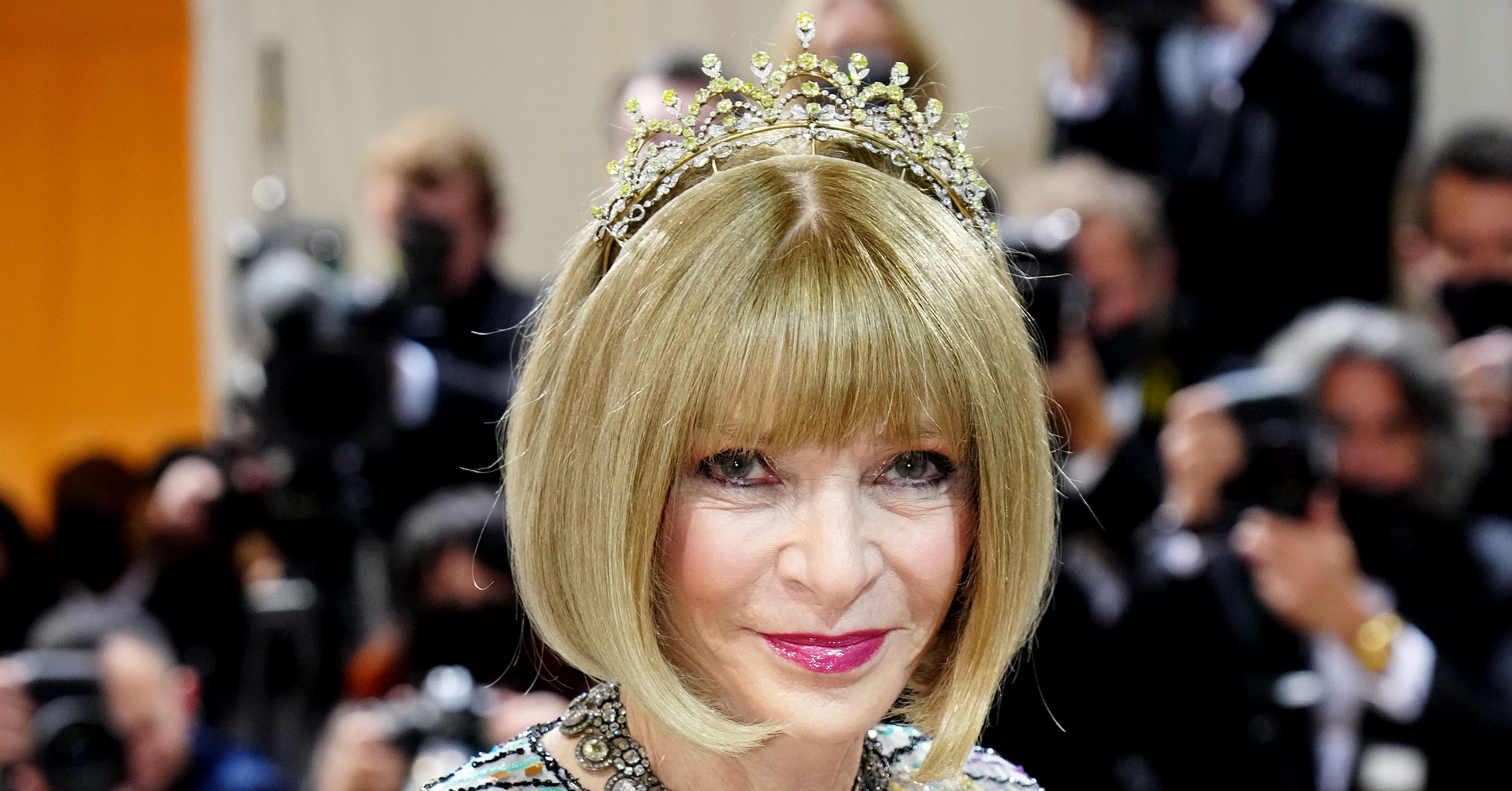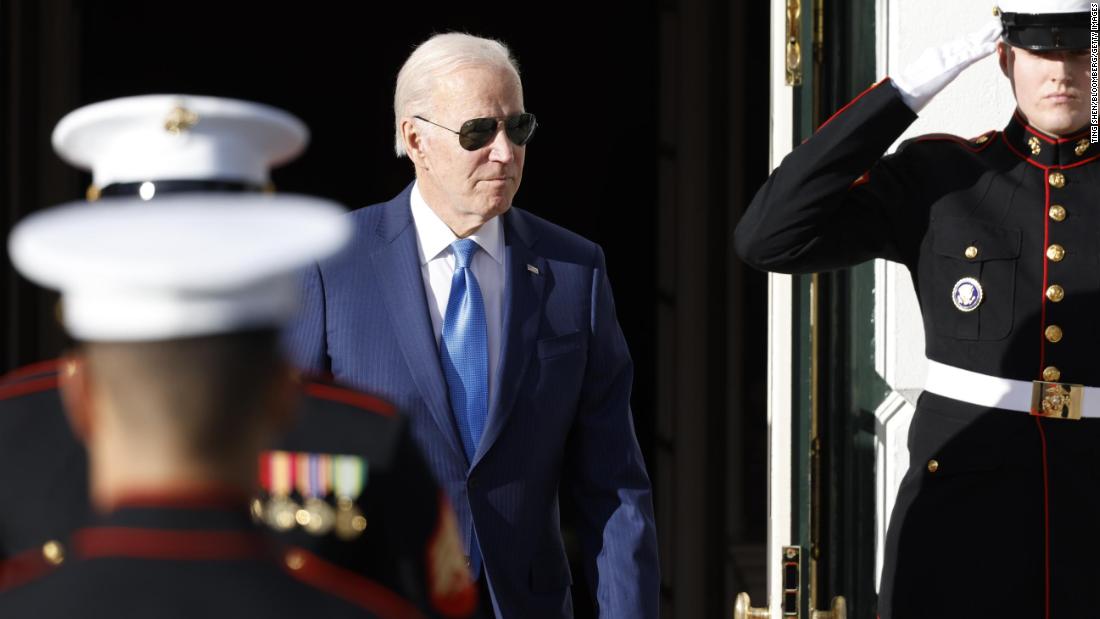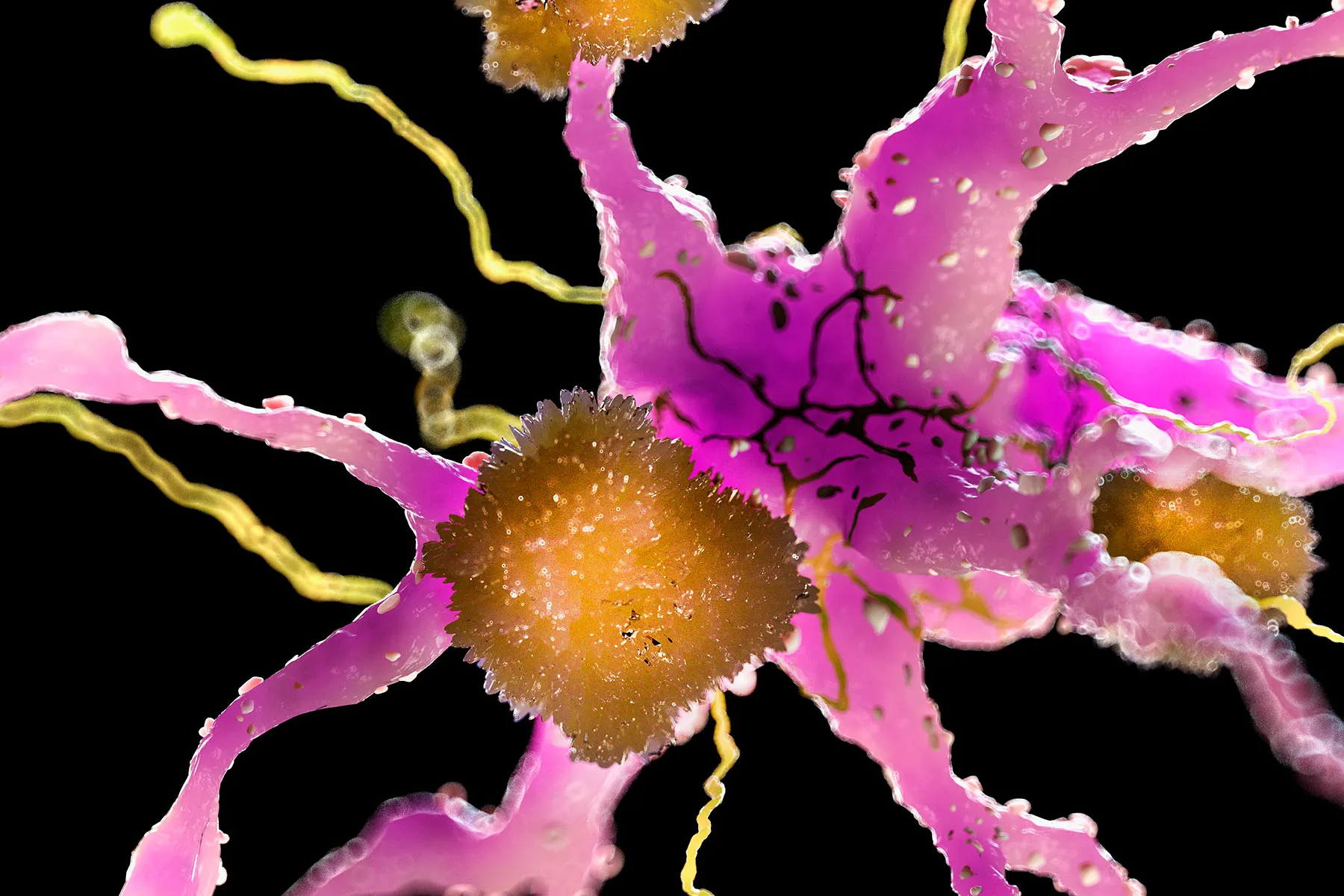Mob Prisoners Rarely Win Compassionate Release, Defense Attorneys Complain
Some defense attorneys charge that the stigma of organized crime prevents judges from seeing prisoners as anything but lifelong criminals, diminishing their prospects of obtaining compassionate release, even in the face of a global pandemic or debilitating or life-threatening diseases.

Some defense attorneys charge that the stigma of organized crime prevents judges from seeing prisoners as anything but lifelong criminals, diminishing their prospects of obtaining compassionate release, even in the face of global pandemic or debilitating or life-threatening diseases, reports The Guardian. Defendants of this kind around the country have seen judges question their rehabilitation and remorse over past ties to criminal groups, or because their crimes operated at a more complex level.
The First Step Act of 2018 allows inmates to petition courts directly, and these requests have surged during the Covid-19 pandemic as many elderly, ill or otherwise at risk inmates have sought to avoid the virus which has spread through the US penal system. One example is 69-year-old Tommy “Shots” Gioeli, once a powerful reputed leader of the Colombo crime family, has unsuccessfully pleaded for mercy nder the First Step Act, as two cancers attack his body. A judge denied his plea, noting that he “is an upper echelon mafia leader who has committed heinous misconduct” and could command others to commit violence in the future. “That stigma sticks to whoever it is that is trying to petition in this scenario for a compassionate release, no matter what the accusations are,” said defense attorney Gal Pissetzky, who represents Gustavo Colon, former leader of Chicago’s Latin Kings.

 Landwebs
Landwebs 


















